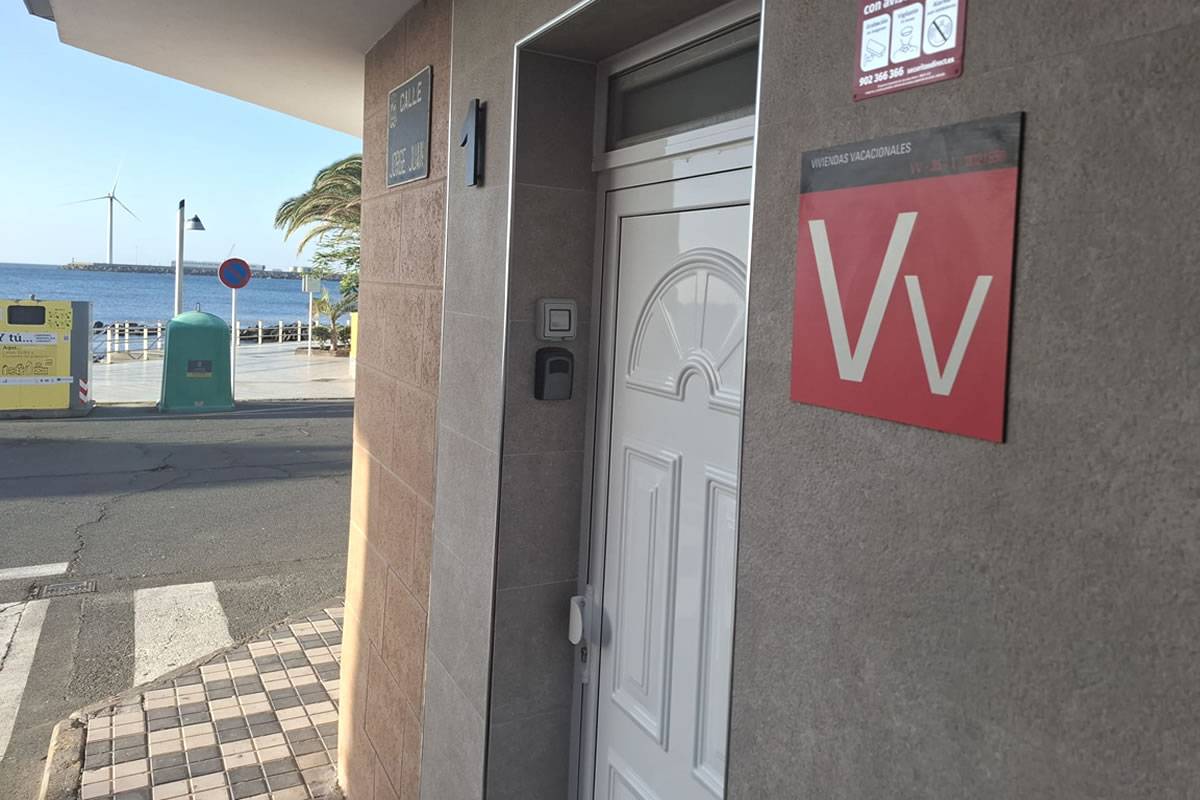ASCAV warns of "devastating effects" of new law regulating holiday homes
- 30-12-2024
- National
- Canarian Weekly
- Photo Credit: CW
The Canary Islands Holiday Rental Association (ASCAV) has issued a stark warning about the potential impact of the new law set to regulate the holiday lets. The association’s president, Doris Borrego, predicts significant economic and social consequences for the Canary Islands, arguing that the legislation could harm local families, businesses, and the broader tourism industry.
The holiday rental market, which contributes over €1.7 billion annually to the regional economy, is expected to suffer, with thousands of families dependent on this income, being adversely affected.
Borrego foresees widespread property sales to foreign buyers and significant job losses, both directly and indirectly linked to holiday rentals. She also contends that the law will fail to address the housing crisis in the Canary Islands, as fewer than 10% of ASCAV’s members are willing to convert holiday rentals into long-term residential properties due to a lack of legal security.
Concerns Over Legislative Process
Borrego criticised the legislative process, noting that Minister of Tourism Jessica de León recently announced the submission of the bill to the Canary Islands Parliament after incorporating changes to address objections from the Advisory Council and the Canary Islands Federation of Municipalities (FECAM).
However, she argues that these adjustments ignored the majority of public objections, with 67% of over 5,000 submitted comments opposing the law.
Borrego accused the Ministry of Tourism and hotel industry representatives of collusion, claiming the legislation aims to significantly reduce holiday rental options, thereby increasing prices and benefiting large hotel chains at the expense of smaller operators and local families.
Defending Local Interests and the Democratisation of Tourism
In its statement, ASCAV emphasised the importance of holiday rentals in supporting thousands of Canarian families and fostering local entrepreneurship.
"Turning one’s back on this association means ignoring the livelihoods of countless Canarian families and dismantling the democratisation of tourism," Borrego said.
The organisation also condemned the perceived influence of the hotel industry, warning that the law’s restriction of rental options would lead to higher prices and exclude much of society from tourism activities. “This is not just a blow to the holiday rental sector but also to the principles of fair access to tourism,” Borrego concluded.
The debate over this legislation highlights the tension between regulating the tourism sector and supporting local economies. With tourism serving as a cornerstone of the Canary Islands’ economy, the outcome of this law could reshape the region's travel and housing landscape for years to come. As the bill moves to Parliament, it remains to be seen whether further adjustments will be made to address these contentious issues.
Other articles that may interest you...
Trending
Most Read Articles
Featured Videos
TributoFest: Michael Buble promo 14.02.2026
- 30-01-2026
TEAs 2025 Highlights
- 17-11-2025



























































